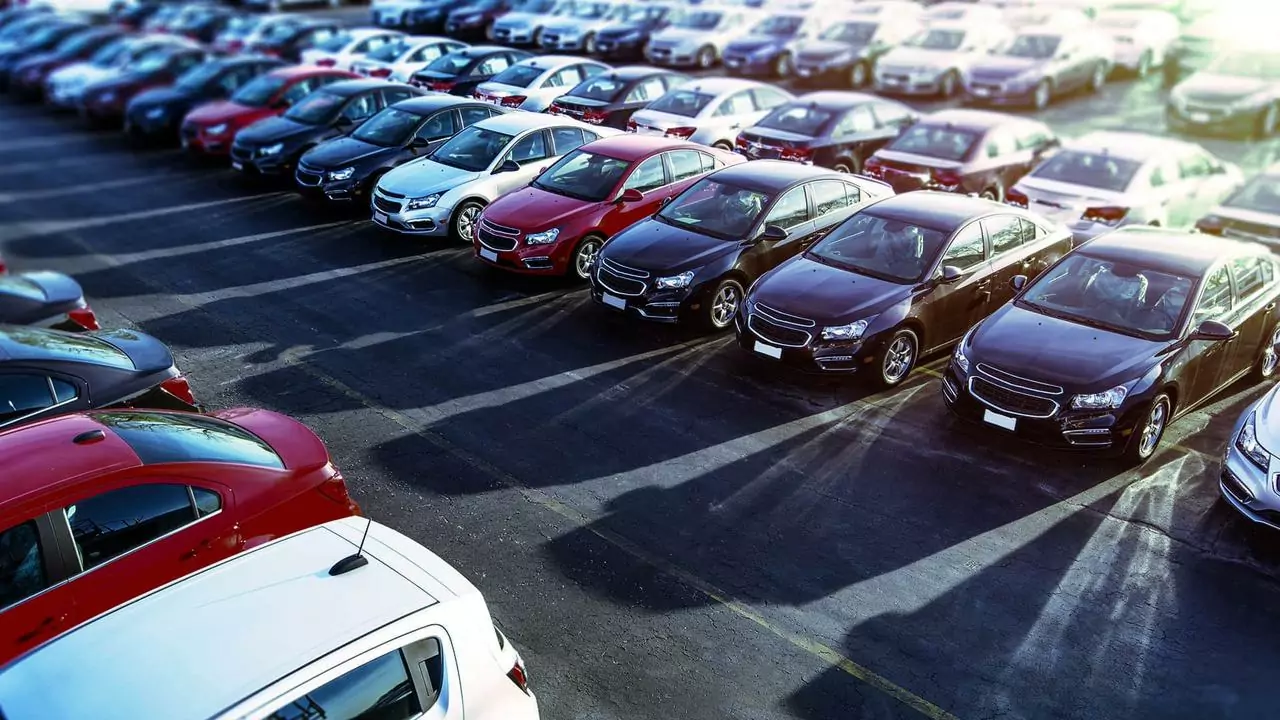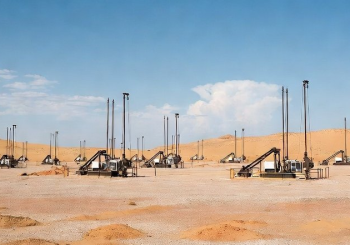As supply shortages persist, a resurgence in car overpricing looms, potentially triggering further price increases if the crisis continues.
There are a total of 39,000 vehicles currently held at customs, including commercial and personal imports, including those intended for individuals with special needs.
“There will be a slight rise in car prices, a typical outcome due to the many cars held at customs,” stated Osama Abul-Magd, president of the Automobile Dealers Association. “It wouldn’t be in the interest of consumers or dealers.”
The recent increases in car prices were moderate, ranging from 3 percent to 5 percent, during the week leading up to Eid al-Adha to the following week, according to Alaa El-Sabaa, a member of the Automobile Division.
As of 6 July, car prices are stable compared to the past two weeks, El-Sabaa stated. He echoed Abdul-Magd’s concerns, saying, “Prices are unlikely to decrease in the coming days due to customs delays in releasing cars, which increases their financing costs.”
He attributed the price hikes to shortages in certain car models and delays in releasing a reasonable number of cars for 40 to 50 days. El-Sabaa explained, “What was being sold was not being restored, leading to increased demand against limited supply.”
One of the reasons cars were not being replenished was that recent system modifications have resulted in challenges registering the vehicles, according to Abdul-Magd.
As cars are accumulated at customs, dealerships are affected negatively. “Some parent companies canceled production orders for July and August, as production from May and June has not yet passed customs,” El-Sabaa revealed.
With a large inventory and some consumers waiting for the new-year models, factors pointing towards lower car prices, some dealers and distributors opt to increase prices, according to Hesham Elzieny, Al-Ahram’s Auto Editor-in-Chief.
He wrote, “Some traders could start telling consumers that car prices will significantly rise, prompting consumers to purchase quickly before prices escalate further.
Abdul-Magd emphasized that the automotive sector should not be mishandled. He also highlighted the urgent need for the new government to prioritize formulating a comprehensive automotive manufacturing strategy.
“While the nation has a robust infrastructure and an extensive road network, the country needs more attractive incentives to effectively attract foreign investments,” Abdul-Magd said.
Advocating for Egypt to foster an appealing business environment, Abdul-Magd suggested implementing incentives such as tax reductions for manufacturers and offering industrial land leases; in addition to reduction in customs duties for factory components and production supplies related to car manufacturing, along with expedited manufacturing procedures.
According to Abdul-Magd, “The ultimate objective should prioritize exports, leveraging Egypt’s strategic location and status to establish itself as a pivotal export hub for Africa and its neighboring nations.”







Comments (0)